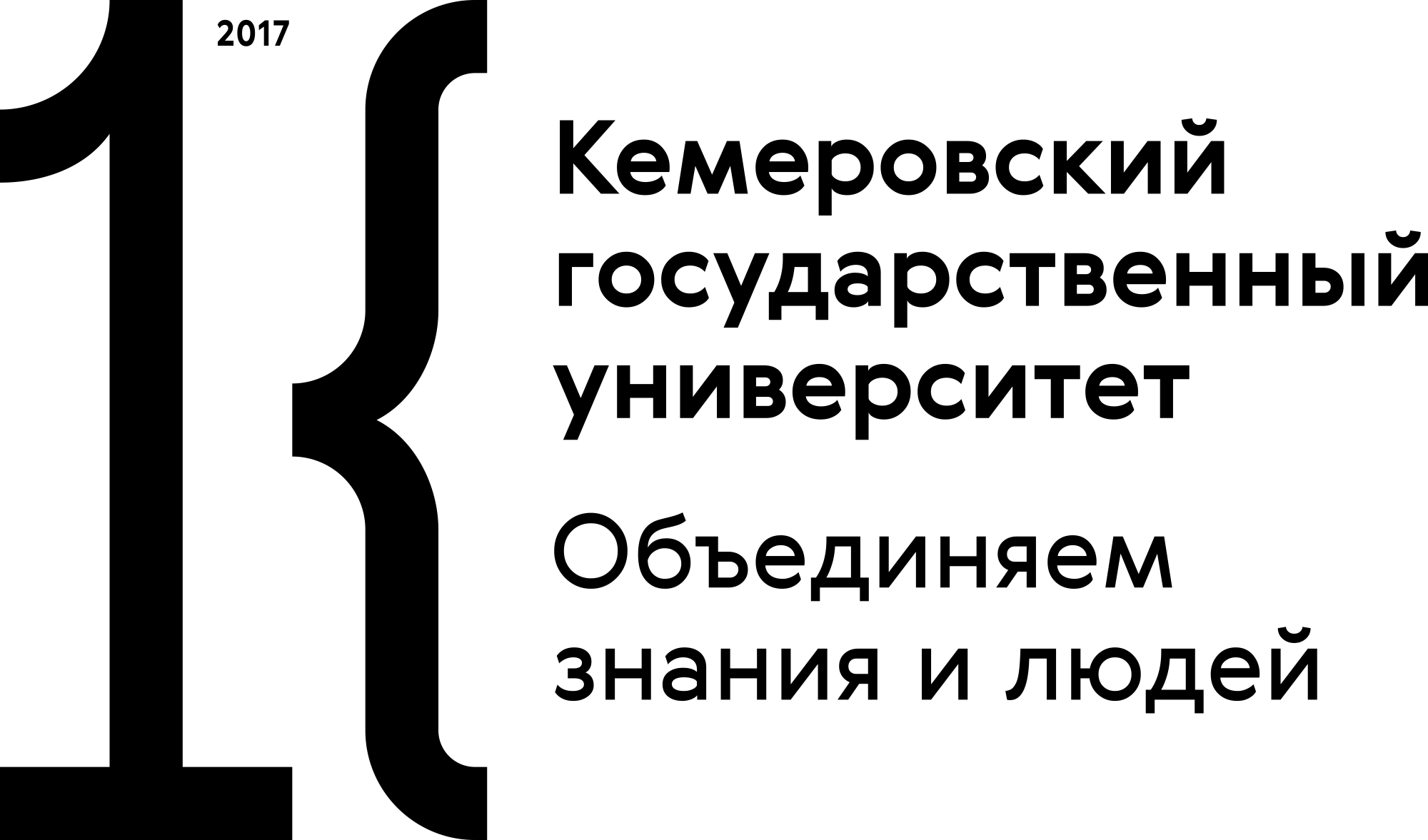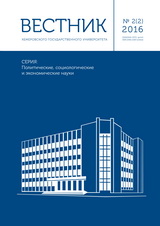The subject of analysis in the article is the process of formation of the theory of economic modernization. The goal is to find out the main regularities of formation and its practical use. Methods of analysis include historical-logical analysis and synthesis. The results of the work are reflected in the following conclusions: modernization theory at its current state is not complete. No definition that would fully reveal the contents of the category has been coined yet, and the main branches of economic science do not pay proper attention to modernization as an independent subject of study. Certain aspects of the modernization of the economy, as subsidiary conclusions, were considered in the studies of economic dynamics, economic growth and cyclicality. The ideas of J. Schumpeter can be important for overcoming this vision of modernization. Synthesis of the main approaches to the theoretical and practical thinking on modernization allows one to distinguish the broad and narrow meanings. If the first of these meanings refers to the development and transformation of the entire social order, the other is the development of one of the spheres of social activity. Among the application areas of contemporary modernization of the Russian economy, the market-liberal model and the new (second) industrialization of the country can be pointed out. But both can be implemented only as an organic unity. The results of the study can be used in teaching of macroeconomics , in determining the strategy for the development of the economy as a whole and at the regional level.
soderzhanie i prikladnoe znachenie teorii modernizacii, ocenka podhodov k ee osuschestvleniyu, content and practical significance of the theory of modernization, assessment of approaches to its implementation

















